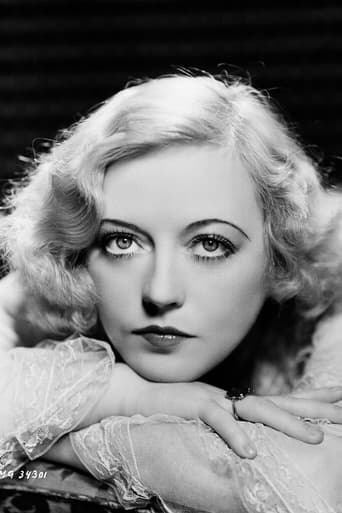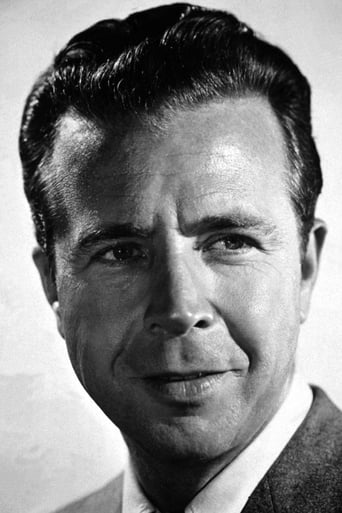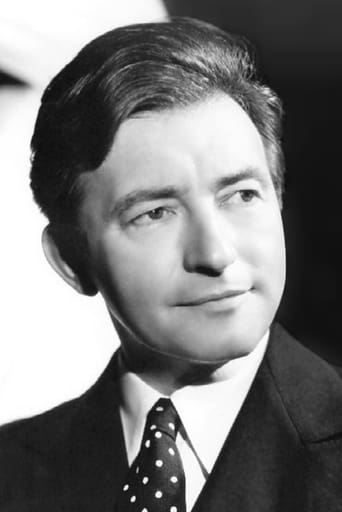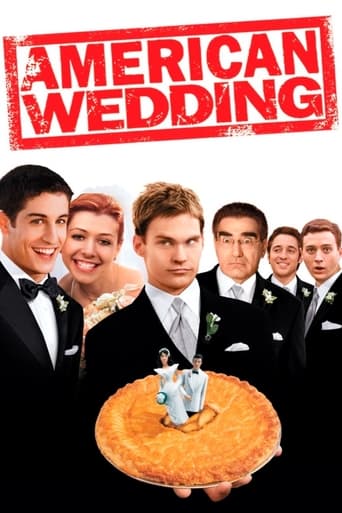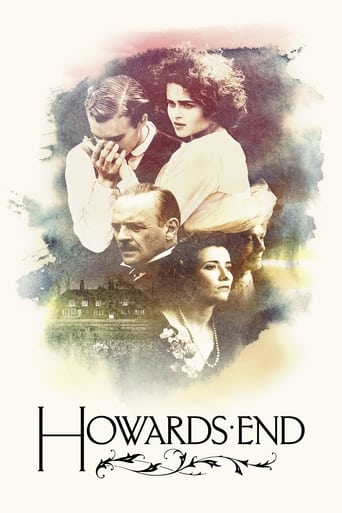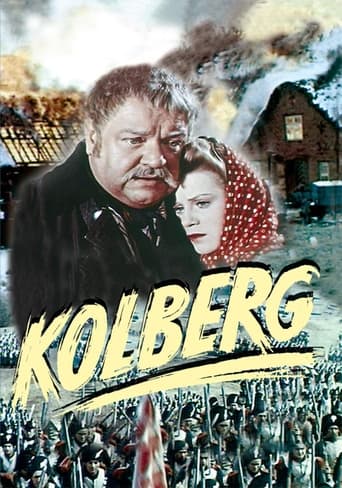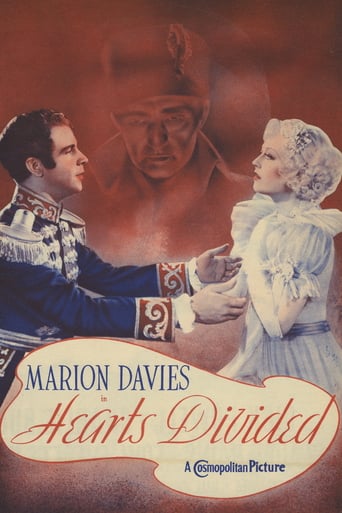
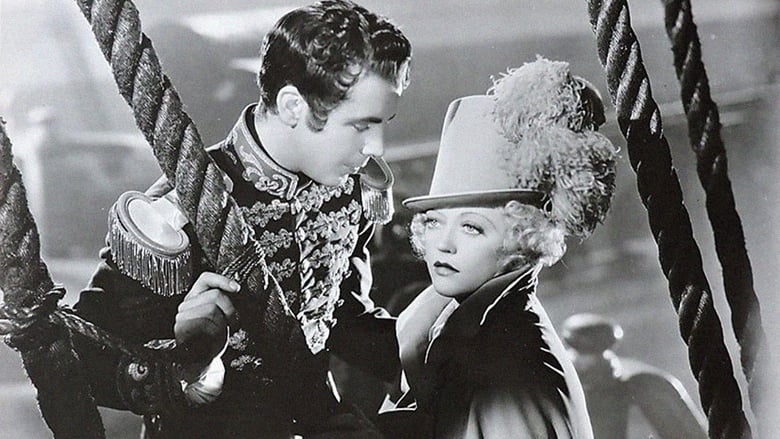
Hearts Divided (1936)
Napoleon Bonaparte's younger brother, visiting the United States, falls madly in love with a young woman he meets in Baltimore.
Watch Trailer
Cast
Similar titles

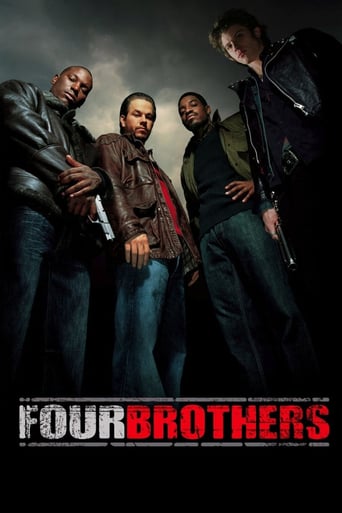
Reviews
Why so much hype?
ridiculous rating
The film makes a home in your brain and the only cure is to see it again.
All of these films share one commonality, that being a kind of emotional center that humanizes a cast of monsters.
Marion Davies was a winsome, whimsical, and very pretty comedienne, with a slyly subversive personality not unlike Carole Lombard's. But her mentor and manager William Randolph Hearst preferred to see her as a clothes horse, in stuffy period romances. And so we have this sleepy costume epic, from a flop play by the author of "Naughty Marietta," where she's a Baltimore society heiress, with hair of a color no 1805 society heiress ever knew, who keeps smiling gallantly while her heart is breaking. It's a Norma Shearer sort of part, and Marion's noble suffering is equally uninvolving. She looks glum and too old for the role, and her romantic interest, Dick Powell as Napoleon's brother (!), looks equally unhappy. Claude Rains is an asset as the Emperor, as are Edward Everett Horton, Charlie Ruggles, and Arthur Treacher as her three other suitors (though the screenwriters might have come up with better dialog for them). But mostly it's Marion being noble--acting condescendingly nice to the slave labor, going from haughty to starry-eyed over Powell in record time, shedding glycerine tears, and advancing to an unlikely, logic-defying happy ending. Frank Borzage directs with his typical moonlight and magnolias, but even he doesn't seem to believe it, and Marion seems to be wishing she were in a screwball comedy.
HEARTS DIVIDED (Warner Brothers, 1936), directed by Frank Borzage, stars Marion Davies (with name above the title) in a costume related story reportedly based on the actual romance of Betsy Patterson and Jerome Bonaparte. Previously filmed by Warners during the silent era as GLORIOUS BETSY (1928) starring Dolores Costello and Conrad Nagel, this newer adaptation, with added score and some comedy, is actually better than anticipated.Set during the early 1800s, Napoleon Bonaparte (Claude Rains) assigns his younger brother, Jerome (Dick Powell) to America as representative for the negotiation for the sale of the state of Louisiana for $20,000. Taking up residence at the Baltimore Inn, Jerome, on his resented "good will tour," comes to the horse races where he becomes enamored by the presence of Betsy Patterson (Marion Davies), a society girl. At first Betsy resents this young man until he croons to her, later assuming the role in the guise as her singing tutor. His identity is finally realized at a reception of the Patterson home where Jerome publicly proposes to Betsy, regardless of his telegram from Napoleon, now Emperor of France, ordering his return to marry Princess Catherine of Wurtemberg or face disgrace as a traitor.Often categorized as a musical, songs for this production are limited to some degree. While HEARTS DIVIDED might have selected popular songs from the colonial era, an original score by Harry Warren and Al Dubin was used instead. New songs include: "My Kingdom for a Kiss" (sung in French by Dick Powell); "Nobody Knows the Trouble I Have Seen" (traditional Negro folk song performed briefly by The Hall Johnson Choir); "My Kingdon For a Kiss" (reprized in French and English by Powell); "Two Lovely Heart's Divided." and "My Kingdom For a Kiss." "My Kingdom for a Kiss," a nice tune, is underscored numerous times, used effectively during scenes involving Davies and Powell.Although Marion Davies is far better suited for comedies than dramas, she makes a lovely presence in this costumer. It's seems unlikely, however, finding resident crooner Dick Powell in early American setting, even more unlikely having him playing a Frenchman. While he does sing a song entirely in French, Powell, along with Rains, make no attempt speaking with French accents. Overall, the Davies and Powell combination, which began with the hit and miss comedy of PAGE MISS GLORY (1935), would come to its conclusion with this historical account and based on fact love story.Edward Everett Horton, Charles Ruggles and Arthur Treacher provide amusing moments with their comical support as members of the United States senate and would-be suitors of Glorious Betsy. Straightforward performances go to Henry Stephenson as Betsy's father; Clara Blandick as Betsy's spinster aunt; and Beulah Bondi with only one scene as Bonaparte's mother. Hobart Cavanaugh, Walter Kingsford, Etienne Girardot and Philip Hurlic can be seen in smaller roles.Regardless of his British heritage, Claude Rains physically makes a fine Napoleon, a role enacted in more detail by Charles Boyer in CONQUEST (MGM, 1937), earning the born Frenchman an Academy Award nomination. No such honor for Rains here, but although his scenes are somewhat limited, he makes every moment count, especially later in the story where, in the manner of a mother coming between her son and future bride, asking Betsy, for the good of France, to give up his brother, but it is Davies as Betsy, under Borzage's sensitive direction, who nearly overcomes Rains performance in how she handles this situation.Reportedly previewed at 88 minutes, circulating prints for available at 76 minutes, making one hope for the discovery of the missing footage. A rarely seen item from the era of Warner Brothers musicals or costume dramas, HEARTS DIVIDED can be seen periodically on Turner Classic Movies. (***)
First thing to do is to forget history (I will not argue with American history,but as far as French history is concerned,well..): No,they did not live happily ever after ,for the marriage was finally broken ,and Jerome had more mistresses than you could count.No,Madame Mère -who briefly appears to sweeten her offspring's relationship- did not probably intervene.But it does not matter when you deal with Frank Borzage,my favorite American director of the twenties/thirties.To say he gave it his all is diminish this director ,because there was always more to give,another passion to plumb,another open wound that demanded he raises his voice ;no one depicted love (against the whole world) as he did.In consequence ,the best scenes are to be found in the second part of the film:Marion Davis ,"translating" the letter into English in a voice chocked with emotion;the scene on the ship where the unfortunate lovers raises their glasses before the bell ring -this scene is similar to the ones we find in "Humoresque" before the hero goes to war ,and in "Street angel" when Janet Gaynor says goodbye to his love (who does not know it's a farewell celebration).In "Hearts divided" the sequence is too short ,and somewhat ruined by the final scenes although the song and the wall are romantic stuff.As everything Borzage did ,"Hearts Divided" is a movie which deserves to be watched.I will not rate it as highly as Borzage's true masterpieces ("Seventh Heaven" "Street Angel" "Little man what now?" "A farewell to the arms" "Strange Cargo" or the immortal "Mortal storm") though.
With their HEARTS DIVIDED by international politics, can a pretty American girl and the brother of the great Napoleon ever find true happiness?This good-natured romance film has been rather harshly criticized as being bad history, which it is, instead of being appreciated for its simple aim to provide some escapist amusement in the form of a lavish movie starring Marion Davies. In this it succeeds. William Randolph Hearst, Davies' powerful lover, saw to that, and what Hearst wanted he generally got. Although the plot is exceedingly silly at times, the film is still a pleasant entertainment.At 39, Davies was too old for the part (and older than her costar by seven years), but Hearst liked seeing her in the crinoline & lace roles, and she had little control of the matter. However, as was her custom, Marion charms the viewer with her buoyant spirits, willingness to please and genuine acting skills. She's more than able to hold her own with a talented supporting cast and appears quite happy to be in the arms of young Dick Powell. For his part, Powell needs do little more than exude boyish charm and sing a few times to cover his acting requirements quite nicely.As Napoleon, the great Claude Rains steals every scene he's in by very quietly underplaying his acting and only hinting at the tremendous power his character wields. Fascinating to watch even under heavy makeup, Rains makes a quality contribution to the film.The movie's humor is largely handled by a trio of excellent character actors. Droll Arthur Treacher, suspicious Edward Everett Horton & grumpy Charles Ruggles play Marion's erstwhile suitors. Constantly trying to upstage each other, their dialogue provides plenty of chuckles.Even in minor casting the film excels. Dignified Henry Stephenson and sharp-tongued Clara Blandick play Marion's father and aunt. Walter Kingsford & diminutive Etienne Girardot play the French officials assigned to keep an eye on Mr. Powell. Halliwell Hobbes lends gravity to his small role as Napoleon's Second Consul. Beulah Bondi brightens her single scene as the Bonaparte boys' kindhearted mother. And the magnificent Hall Johnson Choir appears to lift its voice in song for a few moments.Time has not dealt kindly with Marion Davies. Almost forgotten today, when remembered at all it is usually as a sort of footnote to history or object of scandal. Her life certainly was colorful, and as chatelaine of America's most amazing private estate she did circulate amidst powerful circles. But to remember her as the bimbo blonde mistress of the country's mightiest media baron is patently unfair.While much of the blame can go to Orson Welles' spoof of Davies in CITIZEN KANE (which he was to admit he regretted towards the end of his life) it must be stated emphatically that Marion was not a no-talent actress with few friends & even fewer brains, whose career was destroyed by her stammer leaving her to spend lonely years in great, hulking empty castles.In reality, Davies was a bright, vivacious lady who charmed & captivated such diverse guests as George Bernard Shaw & Winston Churchill throughout her 33-year liaison with Hearst. Adored by her friends and a fierce cadre of fans, Davies was renowned for her tireless generosity and charitable good works. Her speech impediment never affected her screen acting and her undeniable talent was evident to any who were willing to assess her performances honesty and look past the scandal.Davies had to have been embarrassed by the Hearst empire's relentless pushing of her career. She knew this left her open to ridicule & mockery, doubtless contributing to her scarcely concealed alcoholism. But she eventually relinquished her film pursuits in order to care for the aging Hearst, and after his death in 1951 she showed herself to be an astute businesswoman during the remaining ten years of her life.It is only now, with the passage of much time & the restoration of her old movies, that it is becoming easier to acknowledge the contributions & cinematic expertise of Marion Davies.****************************Jérôme Bonaparte (1784-1860) was only 16 when he entered the service of Napoleon as a member of the Consular Guard. After being wounded in a duel he transferred to the French Navy. Leaving his ship in the West Indies, he entered the United States, (Jérôme was not involved in the sale of the Louisiana Purchase to America) where he fell in love with Elizabeth Patterson of Baltimore, Maryland. They were married on Christmas Eve, 1803. After returning to Europe with his wife in 1805, it was discovered that Napoleon had annulled the marriage and forbade Elizabeth to enter any of his domains. This decision was absolutely determinate. Elizabeth was returned to America and Jérôme was married to Princess Catherine of Württemberg and subsequently proclaimed King of Westphalia in 1807, which included a wide territory east of the Rhine in addition to the former province of Westphalia. He abdicated in 1813 when Napoleon's powers began to decline, but he continued to serve as a loyal officer fighting for his brother until the Battle of Waterloo brought total defeat in 1815. Jérôme then retired into self-exile and did not return to France until 1847, when he entered the service of his nephew Napoleon III, the son of his brother Louis. Jérôme would eventually serve as Governor of the Invalides, Marshal of France & President of the Senate.
